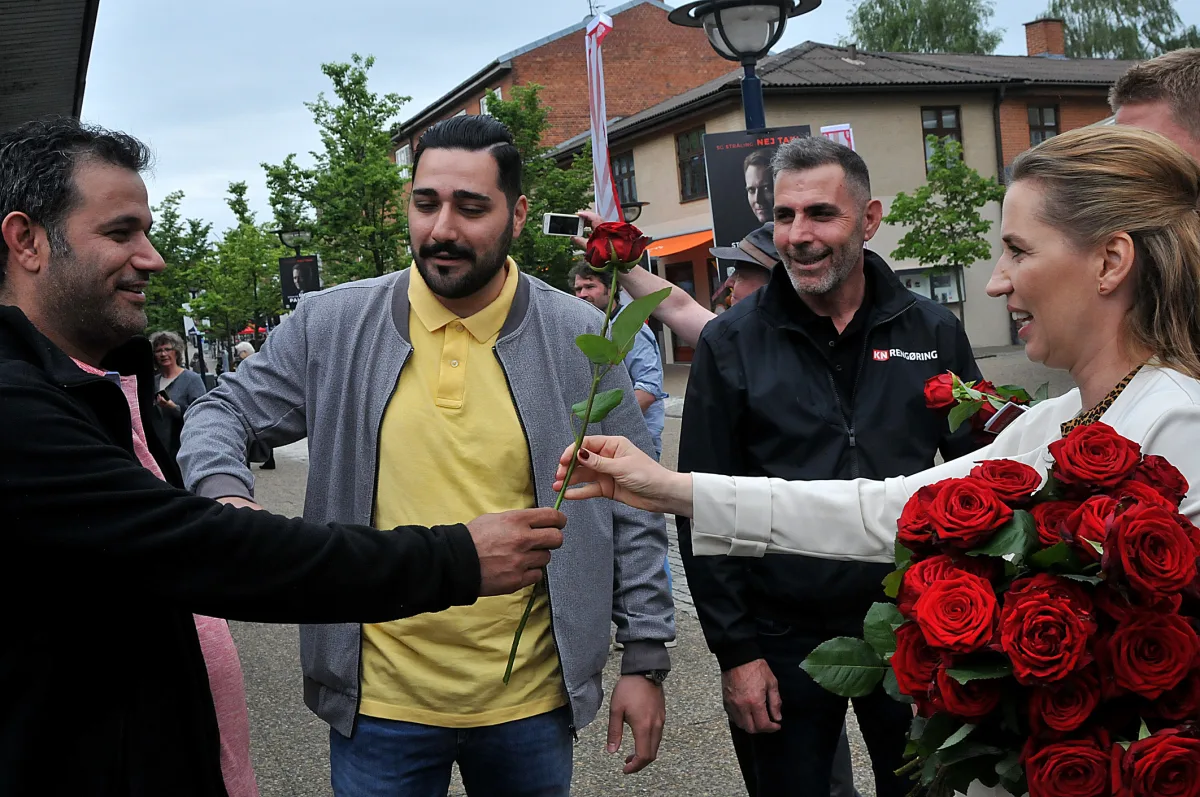Despite being a left-wing party, Denmark’s governing social democrats have taken a hard-line approach towards immigration, attracting much international attention. With the country this week taking over the rotating presidency of the Council of the EU, they could be about to try to implement some of their ideas on immigration at the European level.
The basic ingredients of the Danish way are tight restrictions on who is allowed to enter and incentives to assimilate for immigrants who reside in the country. Since implementing the policy, the social democrats have increased their support and won the most recent parliamentary elections (in 2022) decisively. In an age where Europe’s social democrats are struggling all over the continent, the Danish approach to immigration appears worthy of emulation.
However, we should not draw the wrong lessons from Denmark’s immigration policy. The path to winning elections and creating an immigration system which works for all is not cruelty, nor is it building ever-higher walls. Denmark merely shows voters want self-confidence.
What the extremes get wrong
Europe’s debates on immigration often revolve around far-right and far-left extremes, both of which have little confidence in the continent and its values—or show open disdain for them. On the right, we have extremists fearing immigrants will undermine their culture, bring crime and chaos into their cities, and later turn Europe into an Islamic continent.
While there are social tensions involved with immigration, fears of a takeover of this kind are hyperbolic. Immigrants tend to integrate quite well over a few generations, but the far-right vision assumes that they will not. This shows lack of trust in the pull of European values. If someone demands walls and fences to protect European culture, they assume it is terribly fragile.
On the left, activists often show a disdain for assimilation. In Denmark, the current immigration minister—the son of an immigrant himself—realised how misguided his position was when he attended a protest against moving immigrant children into majority Danish schools.
The far-left betrays a lack of trust in European norms and values. Its position suggests immigrants must be protected from Western values changing their cultural heritage.
Both right and left positions are untenable.
What Europe needs is not cowering behind walls, nor do we need to hail foreign cultural norms as worthy of protection by default. What we need is confidence without hate. Europeans have built some of the most successful societies on the planet. European countries grant their citizens levels of freedom and safety which are unheard-of in most countries. Of course, we didn’t do this due to some inherent superiority—that might be the far-right line—but because we developed useful cultural norms and passed them on.
The appeal of this position is that anyone, be they from Afghanistan or Syria, can learn and internalise these norms. But for this to happen, we must be willing to teach these norms as something which is actually better than some others. We must teach our values as the foundations of successful societies, norms which are better than those of other cultures.
Open, but firm
Denmark’s social democrats have shown the left can also be proud of European and Western culture—and voters eager for such pride have rewarded them. The centre-left understood the extreme position, where migrants must be shielded from Western culture, is highly unpopular with most voters. If the far-right is allowed to say that liberalism, equality or the rule of law are superior to other norms, then voters concerned with these values will be drawn to them.
But the far-right mixes confidence with hate and fear. And just like the left, it assumes there is something rotten inside Europe’s cultures, something which makes it weak when confronted with others. Thus, they want walls to protect it. A liberal approach to immigration must avoid this. It must be open, but firm.
The goal should not be to keep immigrants out nor should it be to make their lives worse. Our approach must be to welcome people and teach them our values, because doing so may allow them to live better lives. Denmark has understood that this is a perfectly reasonable position from a centre-left perspective. It is time the rest of Europe realises it too.
Photo: Dreamstime.







